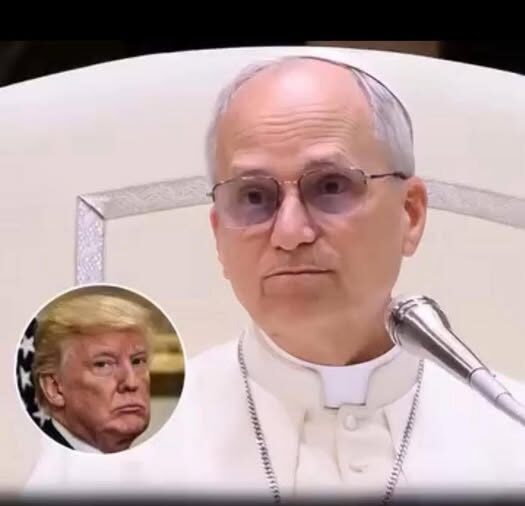The meaning of “Many” quickly became a conversation of its own.
To understand why that single word resonated so deeply, it helps to look at the man behind it. Pope Leo XIV brings an unmistakably American background to the Vatican, shaped by years of advocacy for marginalized communities and a strong emphasis on human dignity. His views have often defied easy political categorization — outspoken on economic justice and immigration, while also firmly rooted in traditional moral teachings.
Even his chosen name carries weight. By invoking Pope Leo XIII, author of the historic 1891 encyclical Rerum Novarum, the new pontiff signaled a focus on workers’ rights, economic fairness, and social responsibility. It was an early clue that this papacy would engage directly with modern challenges — not shy away from them.
So what does “Many” mean?
It could point to the many strengths of the United States — its creativity, generosity, and influence. It could just as easily reflect the many divisions, struggles, and unanswered questions facing the nation today. It may speak to many responsibilities, many voices left unheard, or many opportunities for compassion and renewal.
By not explaining himself in that moment, Pope Leo XIV invited reflection instead of reaction. He asked people to think rather than argue — a subtle but striking shift in tone.
In a deeply polarized America, that approach feels both challenging and refreshing. Throughout his career, the pope has resisted being boxed into political camps, insisting that human dignity should come before ideology. His message seems to suggest that no single slogan or platform can address the complexity of the world — only thoughtful engagement and shared responsibility can.
The viral moment also revealed something else: Pope Leo XIV understands the modern world. In an era of short attention spans and rapid sharing, he proved that one carefully chosen word can travel farther than a long speech. It was a reminder that ancient institutions can still speak fluently in a digital age.
As analysts, theologians, and everyday observers continue to unpack that brief exchange, one thing is clear: this pope values intention over noise. He is comfortable letting silence and simplicity do some of the work.
In the months ahead, the “many” messages he hinted at will likely become clearer through his actions, teachings, and leadership. For now, that single word has opened countless conversations — and drawn the world’s attention to a new voice in Rome.
What do you think Pope Leo XIV meant by “Many”? Share your thoughts in the comments and join the conversation.

